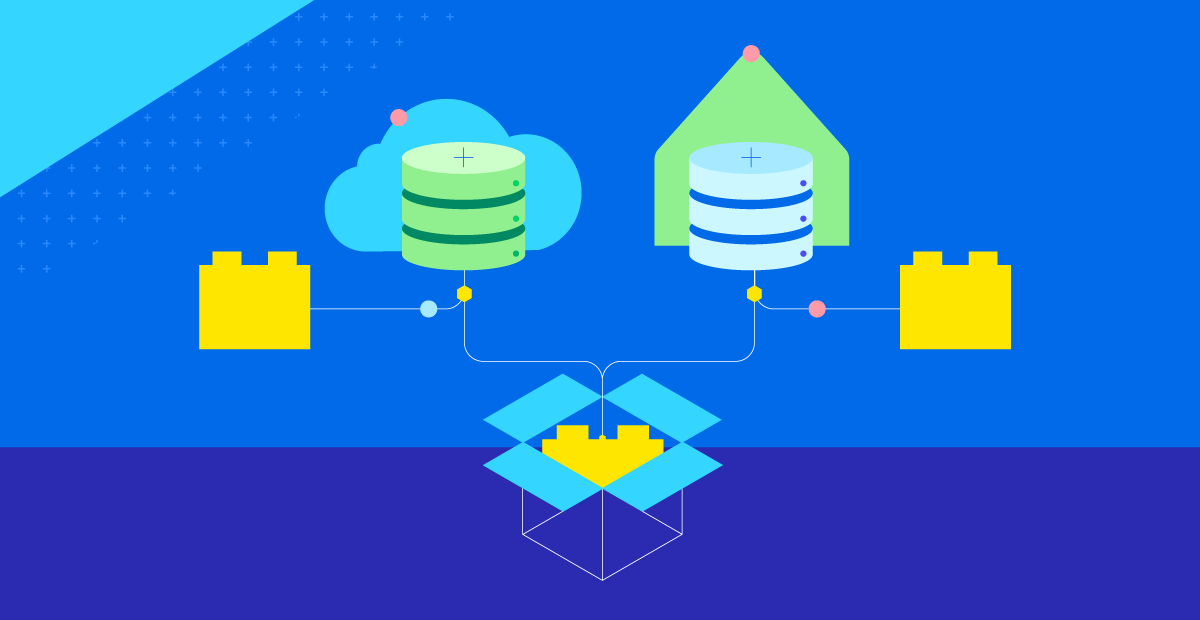Salesforce Data Cloud and Salesforce Connect: A Synergistic Approach to Data Integration

In today's digital world, data is the foundation of any successful business. Organizations often rely on a myriad of data sources, each capturing valuable customer insights, transactional details and other critical information. However, the challenge arises when you need to unify and make sense of these diverse data sources to inform decision-making and analytics.
While attending Dreamforce last month in San Francisco, it was apparent Salesforce is all in on the Data Cloud and leveraging it to feed data into their LLMs—especially to support Einstein AI for tools like the newly announced Agentforce. With so much talk around “zero-copy” and integration with cloud sources such as Snowflake, Google Cloud and AWS, it may seem like Salesforce Connect, an existing feature offered by Salesforce, is losing relevancy—but that is far from the truth.
In this blog, I’ll explore why Salesforce Connect remains essential for real-time data access, read/change/update operations and transactional use cases.
Salesforce Data Cloud: Unifying Data for AI and Insights
Salesforce Data Cloud is designed to integrate data from various sources—including internal systems, external applications and third-party data providers—into a unified customer profile. This allows businesses to break down data silos and leverage a 360-degree view of their customers.
Salesforce Data Cloud excels at collecting, cleansing and harmonizing large datasets. This refined data can power insights, predictive models and AI-driven actions using Einstein AI. This data is then readily available to analyze and generate actionable insights, such as predicting customer behavior, personalizing interactions or optimizing sales strategies.
Sounds great, right? For AI, sure—but what it doesn’t do is allow you to manage real-time, single-source-of-truth data sources where you read the data while you update it. For example, think about the IBM DB2 in your organization with years of CRM data or your PostgreSQL database housing all your inventory data which needs to be updated in real-time for your sales and call center teams.
Why Salesforce Data Cloud Isn’t a Replacement for Salesforce Connect
While Salesforce Data Cloud is excellent for integrating and analyzing data, it doesn’t replace Salesforce Connect when it comes to enabling real-time access to external data. Here’s why:
Data at Rest vs. Data in Motion: Salesforce Data Cloud focuses on ingesting, cleansing and processing large datasets for analytics and insights. However, it typically deals with data at rest, meaning it is used for analyzing past behaviors, trends and patterns. On the other hand, Salesforce Connect shines when you have data in motion, where real-time access to external systems is necessary without migrating the data into Salesforce.
Real-Time Data Access Without Storage: One of the core use cases for Salesforce Connect is when businesses need to access external data in real time but don't want to store it inside Salesforce. Instead of migrating large datasets (which can be costly and unnecessary for transactional purposes), Salesforce Connect allows you to link to external data sources and interact with them as though they were native to Salesforce using external objects. This can be especially useful for scenarios where data frequently changes, such as with real-time inventory management or external order updates.
Transactional Use Cases: For companies that need to perform read/change/update transactions on data stored outside of Salesforce (e.g., in an ERP system), Salesforce Connect is indispensable. It enables direct interaction with external data sources like SQL databases or SAP without needing to replicate the data into Salesforce. This allows businesses to keep Salesforce lean while still benefiting from real-time data access for specific use cases such as updating customer records or processing orders.
Combining Salesforce Data Cloud and Salesforce Connect
Consider a large retail enterprise that leverages Salesforce for customer management, but stores product inventory and customer support history in two separate external systems. They can leverage both Data Cloud and Salesforce Connect to benefit from Einstein AI while staying grounded with the data that drives the day-to-day business functions.
- Salesforce Data Cloud: The business uses Data Cloud to integrate historical customer data from various sources, including e-commerce transactions, email marketing campaigns and past purchases. This unified dataset powers Einstein AI to make personalized product recommendations, forecast demand and identify high-value customers.
- Salesforce Connect: Instead of migrating all product inventory data into Salesforce (which could be highly dynamic and voluminous), the company uses Salesforce Connect to provide real-time access to inventory levels stored in an external system. Sales reps and customer service agents can interact with this data to check product availability or update inventory records without data duplication.
Progress DataDirect and Salesforce Connect – A Perfect Match
Progress DataDirect provides the missing link between Salesforce and your data: a Salesforce integration product called Hybrid Data Pipeline that is simple to install and manage as a self-hosted service. It is a highly secure and enterprise-grade solution to OData (REST)-enable your data so it can be used with Salesforce Connect.
The combination of Progress DataDirect Hybrid Data Pipeline and Salesforce Connect offers unparalleled flexibility and scalability. Hybrid Data Pipeline supports a wide range of data sources, allowing businesses to integrate virtually any external system with Salesforce. As business needs evolve, new data sources can be integrated without significant changes to the existing setup, making the solution highly scalable.
To learn more, contact us.

Aaron Burg
Aaron Burg is a sales engineer with Progress. He has worked in the IT space for 25 years, focusing on data connectivity, systems administration and security. This broad experience has allowed him to be a valuable resource for customers looking to implement Progress DataDirect connectivity solutions.
